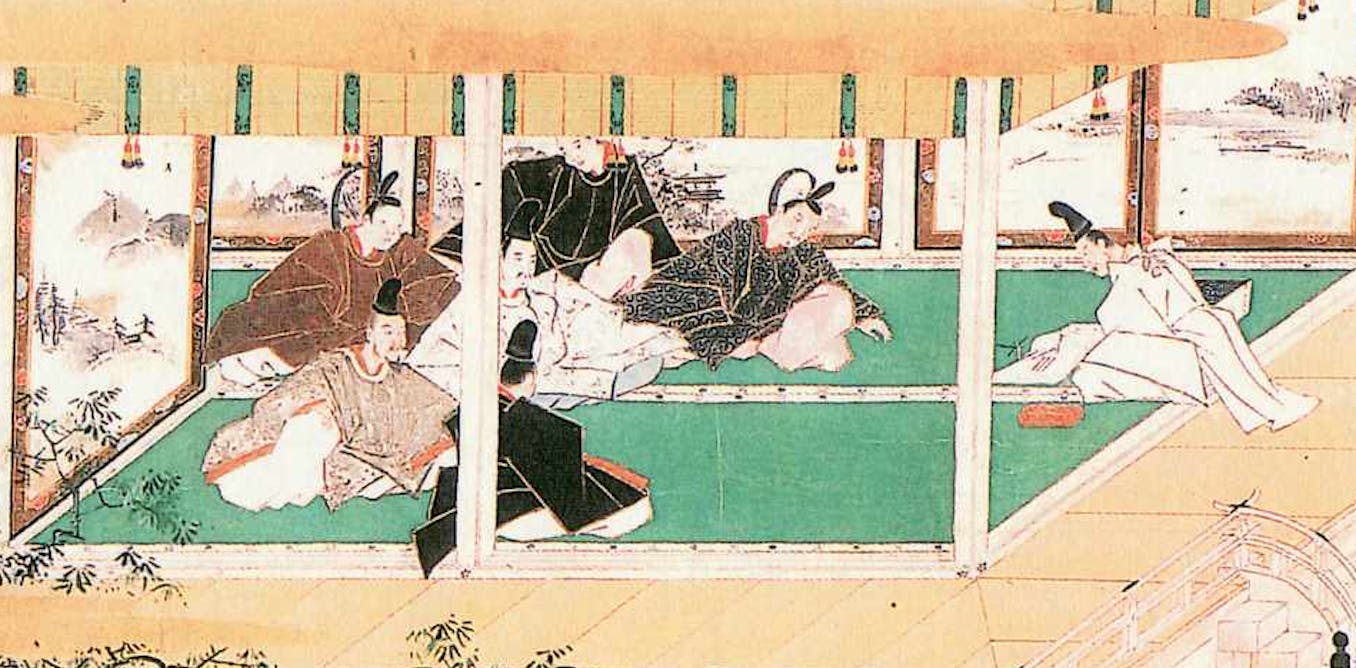The tools in a medieval Japanese healer’s toolkit: from fortunetelling and exorcism to herbal medicines
In medieval Japan, healing might mean taking medicine, undergoing an exorcism or sidestepping harm in the first place by avoiding inauspicious days.
March 1, 2024 • ~8 min


